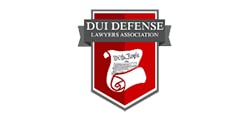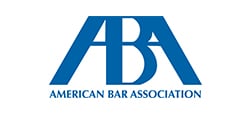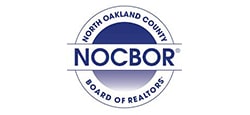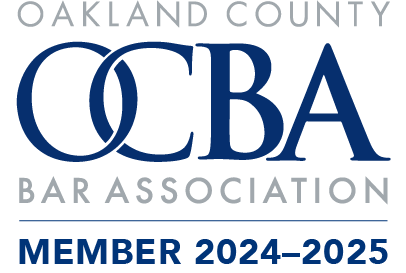An OWI charge in Oakland County typically follows a police officer’s assessment of impairment through breath tests, field sobriety exams, or recognized signs of intoxication. Michigan holds drivers to tight regulations on blood alcohol content, aiming to curb potentially hazardous driving conditions. Fraiberg & Pernie guides individuals facing these accusations, offering them insight and support through each legal phase.
Key Points of an OWI Arrest
When motorists measure a blood alcohol content of 0.08% or higher, law enforcement may proceed with an arrest. If the level surpasses 0.17%, courts tend to view the offense more seriously, leading to amplified fines or license suspensions. On top of that, certain prescription or illegal substances can result in driving impairment. Multiple OWI convictions yield tougher penalties, including longer suspensions, higher fees, and potential imprisonment.
Potential Penalties
Even a first offense might bring time behind bars, significant fines, mandatory community service, or a restricted driver’s license. Commercial drivers face even harsher complications, risking their professional licenses. In some scenarios, a judge may mandate an ignition interlock device for daily usage. These consequences intensify if crashes or property damage occur during an OWI incident, making thorough preparation essential.
Defenses and Strategies
A structured defense can question the validity of the traffic stop or the procedures followed when administering tests. Investigating calibration data for breathalyzers or possible officer mistakes in field sobriety evaluations could reveal weaknesses. Weather conditions or health issues occasionally mimic intoxication, influencing test outcomes. Gathering all relevant details, such as dashcam recordings or eyewitness statements, can help construct persuasive arguments and emphasize procedural errors if present.
Fraiberg & Pernie’s Role
Fraiberg & Pernie addresses each case by scrutinizing reports, test results, and any supporting evidence. The firm then determines whether pushing for reduced charges or seeking dismissal based on procedural flaws is feasible. Clients remain engaged in these decisions, balancing plea negotiations with the possibility of a trial if negotiations stall. In every scenario, the aim is to identify resolutions that minimize potential disruptions, allowing individuals to maintain as much normalcy as possible.
Though an OWI case can disrupt work, finances, and daily life, a well-informed approach often provides a measure of relief. By pursuing the facts behind each arrest, many find an avenue to challenge or reduce charges. Fraiberg & Pernie delivers this attention to detail, helping Oakland County drivers address their OWI matters with greater confidence.













